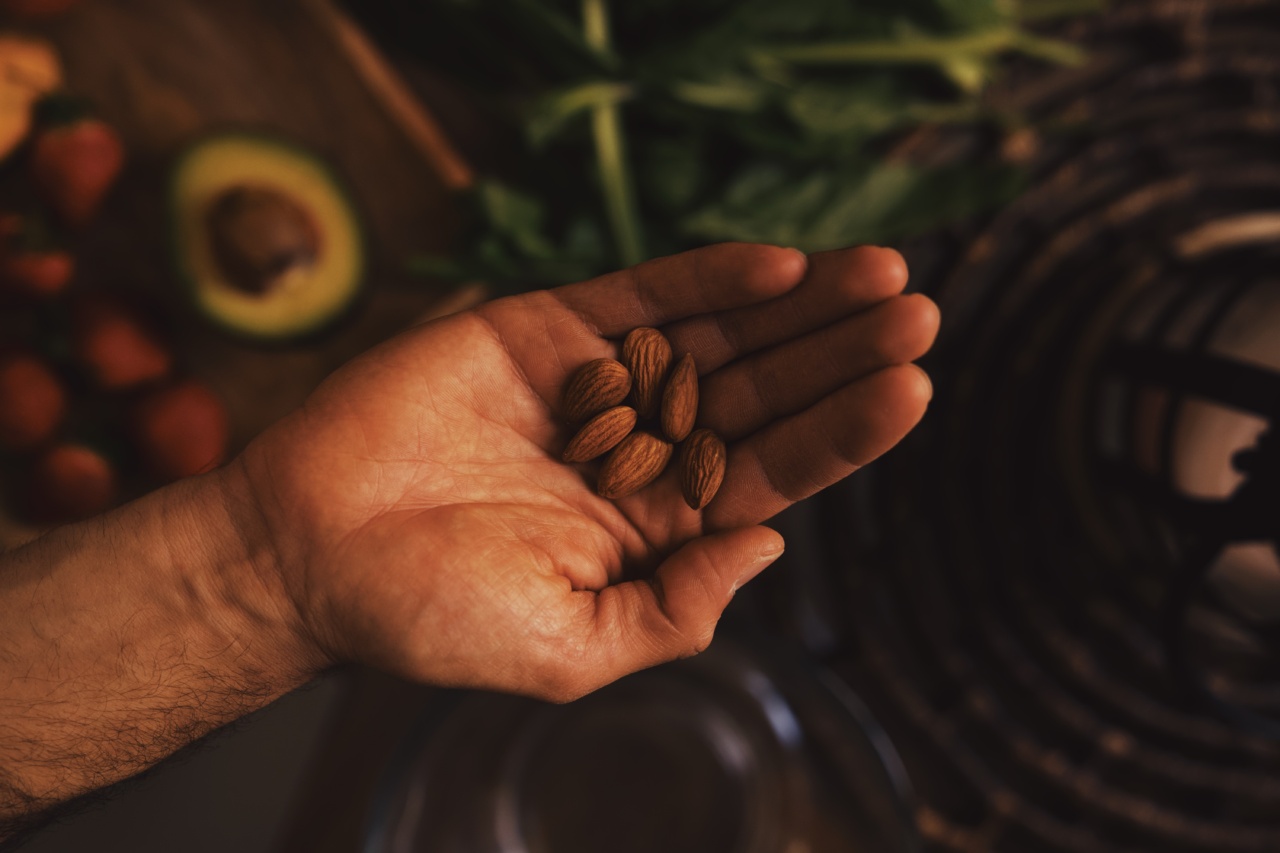Whole grains have long been touted as a cornerstone of a healthy diet, and for good reason. These nutrient-rich foods are packed with fiber, vitamins, minerals, and other essential nutrients that are essential for good health.
What are Whole Grains?
Unlike refined grains, which have been stripped of their nutrient-rich bran and germ, whole grains contain all parts of the grain kernel, including the bran, germ, and endosperm.
Some common examples of whole grains include:.
- Whole wheat
- Brown rice
- Oats
- Barley
- Quinoa
The Benefits of Whole Grains
Whole grains offer a range of health benefits, including:.
Reducing the Risk of Heart Disease
Whole grains contain high levels of fiber, which can help reduce cholesterol levels and lower the risk of heart disease. Some studies have also shown that consuming whole grains can help lower blood pressure and reduce the risk of stroke.
Lowering the Risk of Cancer
Whole grains are also rich in antioxidants, which can help reduce inflammation and lower the risk of cancer. Some studies have also suggested that consuming whole grains may help reduce the risk of breast and colon cancer.
Regulating Blood Sugar
Whole grains are digested more slowly than refined grains, which can help regulate blood sugar levels and reduce the risk of type 2 diabetes.
Some studies have also suggested that consuming whole grains can help improve insulin sensitivity and reduce the risk of metabolic syndrome.
Promoting Digestive Health
The high fiber content of whole grains also promotes digestive health by aiding in proper digestion and preventing constipation.
Some studies have also shown that consuming whole grains can help reduce the risk of diverticulitis and other digestive disorders.
Incorporating Whole Grains into Your Diet
There are many ways to incorporate whole grains into your daily meals, including:.
Choose Whole Grain Bread
When buying bread, look for whole grain or whole wheat varieties rather than white bread. You can also try making your own whole grain bread at home using whole wheat flour or other whole grain flours.
Start Your Day with Oatmeal
Oatmeal is a delicious and nutritious breakfast option that is high in fiber and protein. Try adding fruit, nuts, or other toppings to your oatmeal for a delicious and healthy meal.
Swap White Rice for Brown Rice
Brown rice is a healthier alternative to white rice as it is rich in fiber and other essential nutrients. You can also try other whole grain rice options such as wild rice or black rice for a delicious and nutritious meal.
Choose Whole Grain Pasta
When cooking pasta, look for whole grain or whole wheat varieties rather than refined pasta. You can also try other whole grain pasta options such as quinoa pasta or brown rice pasta for a healthier alternative.
Experiment with Whole Grains
There are many other whole grains to choose from, including barley, quinoa, and farro. Try experimenting with different whole grains in your salads, soups, and other meals for a delicious and nutritious boost.
Conclusion
Whole grains are an essential element of a healthy diet, offering a range of health benefits that can help reduce the risk of heart disease, cancer, and other chronic diseases.
By incorporating whole grains into your daily meals, you can enjoy delicious and nutritious meals that support your overall health and wellbeing.




























